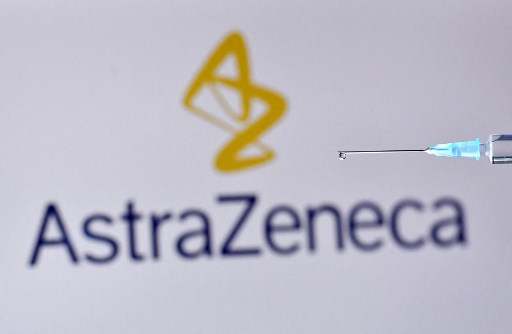
403
Sorry!!
Error! We're sorry, but the page you were looking for doesn't exist.
Next generation of obesity drugs competes for USD150B market share
(MENAFN) The race for dominance in the burgeoning USD150 billion obesity treatment market has intensified, capturing the attention of investors eager for breakthroughs. Roche's stock surged by 6 percent following the release of promising early results from Phase 1 trials of a potential new obesity drug. This response underscores the growing investor enthusiasm for next-generation treatments targeting obesity. Similarly, Denmark’s Zealand Pharma has seen its value increase by 20 percent since June, buoyed by positive early trial results for its obesity drug, betrilintide. This drug distinguishes itself by leveraging the hormone amylin, which promotes a sense of fullness after eating, as opposed to current weight-loss drugs like those targeting glucagon-like peptide 1 (GLP-1) that work to suppress appetite. Amylin-based drugs offer potential advantages, including enhanced enjoyment of food, reduced side effects, and minimized muscle loss.
Zealand Pharma is not alone in its pursuit of amylin-based therapies. Major pharmaceutical companies such as Eli Lilly, AstraZeneca, and Novo Nordisk are also developing similar drugs, making the competitive landscape increasingly challenging. To maintain its edge, Zealand Pharma must not only offer a distinctive drug but also secure a manufacturing and supply partner.
Despite the competitive environment, the massive market potential means that even a modest share could be highly profitable. Jefferies projects peak sales for Zealand’s drug at USD10 billion, raising its probability of success from 20 percent in February to 60 percent. The estimated net asset value of Zealand’s shares is DKK365, which is approximately 35 percent of the target price of DKK1,100, compared to the current share price of DKK868.
Additionally, Zealand is developing another obesity drug, surfodotide, in collaboration with the German pharmaceutical group Boehringer Ingelheim, which also has the potential to generate USD10 billion in sales. Investing in Zealand has proven volatile; for instance, the stock price soared 26 percent in a single day earlier this year when surfodotide showed promise for treating fatty liver disease, only to decline as investors realized profits the following month. Such fluctuations may continue as competitors announce their trial results. After Roche’s recent trial outcomes, Zealand’s stock price fell, reflecting broader trends seen in the sector, including declines in the shares of peer companies like Novo Nordisk.
Zealand Pharma is not alone in its pursuit of amylin-based therapies. Major pharmaceutical companies such as Eli Lilly, AstraZeneca, and Novo Nordisk are also developing similar drugs, making the competitive landscape increasingly challenging. To maintain its edge, Zealand Pharma must not only offer a distinctive drug but also secure a manufacturing and supply partner.
Despite the competitive environment, the massive market potential means that even a modest share could be highly profitable. Jefferies projects peak sales for Zealand’s drug at USD10 billion, raising its probability of success from 20 percent in February to 60 percent. The estimated net asset value of Zealand’s shares is DKK365, which is approximately 35 percent of the target price of DKK1,100, compared to the current share price of DKK868.
Additionally, Zealand is developing another obesity drug, surfodotide, in collaboration with the German pharmaceutical group Boehringer Ingelheim, which also has the potential to generate USD10 billion in sales. Investing in Zealand has proven volatile; for instance, the stock price soared 26 percent in a single day earlier this year when surfodotide showed promise for treating fatty liver disease, only to decline as investors realized profits the following month. Such fluctuations may continue as competitors announce their trial results. After Roche’s recent trial outcomes, Zealand’s stock price fell, reflecting broader trends seen in the sector, including declines in the shares of peer companies like Novo Nordisk.

Legal Disclaimer:
MENAFN provides the
information “as is” without warranty of any kind. We do not accept
any responsibility or liability for the accuracy, content, images,
videos, licenses, completeness, legality, or reliability of the information
contained in this article. If you have any complaints or copyright
issues related to this article, kindly contact the provider above.
















Comments
No comment